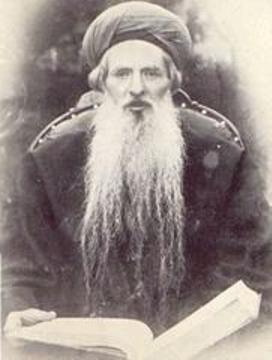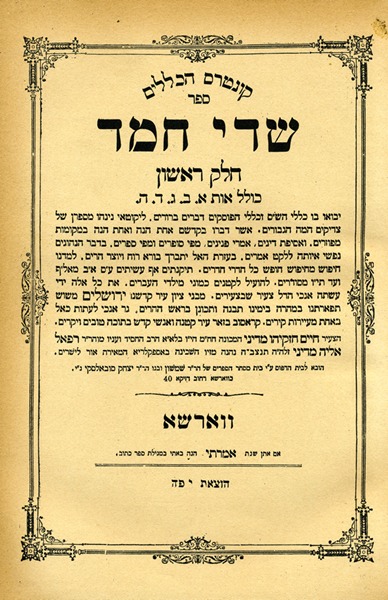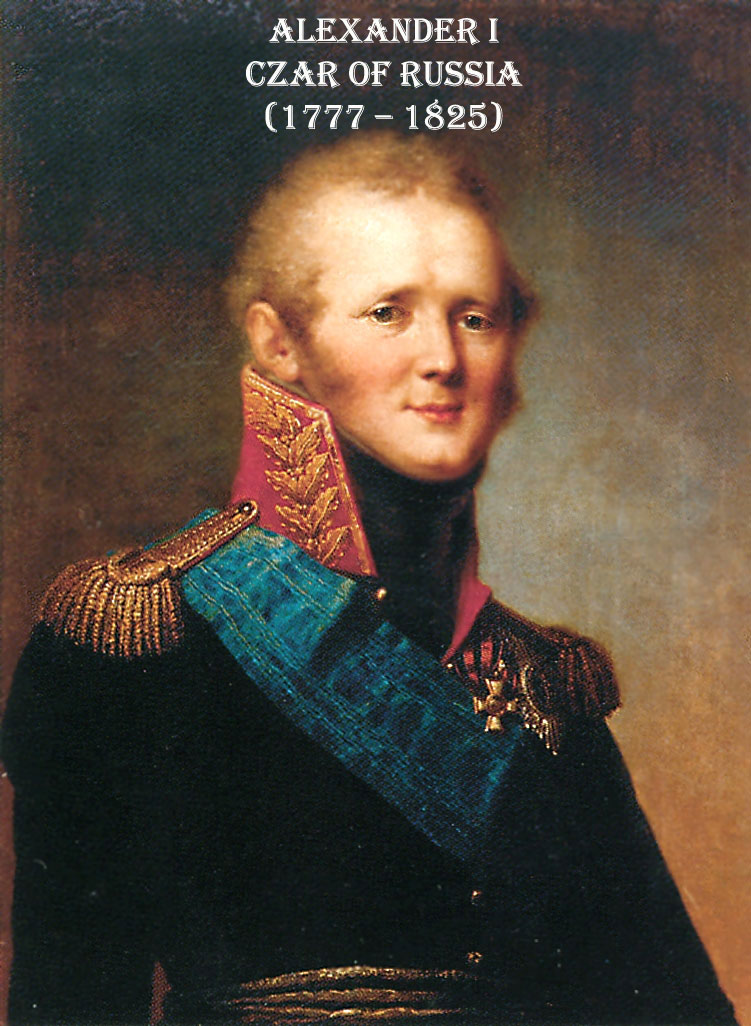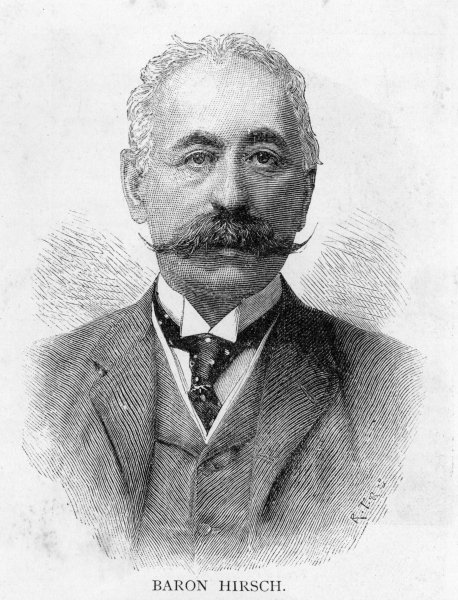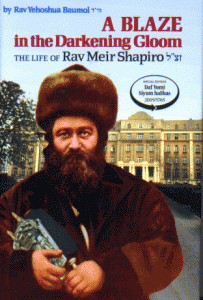
In 1922, the rabbis and Chasidic leaders of Poland and Galicia gathered in Warsaw for a meeting as to how to deal with the chaos in Jewish life caused by the ravages of the First World War and of the Bolshevik Revolution and their aftermath. Rabbi Meir Shapiro delivered an electrifying and challenging speech demanding that the rabbis now become activists in their communities and no longer merely passive scholars. His words had a dramatic effect on the gathering and propelled him into a leading role in Jewish public life in Poland. He was recommended by the rebbe of Gur to become the head of Agudat Yisrael in Poland and in 1923 he assumed that role.
In 1922 elections were held for the Polish Parliament. The Jews did not run as part of the Polish parties. It was not like the United States where there are Jews in the Democratic Party and Republican parties. There is no such thing as a Jewish party in the United States, even though for many decades Jews have voted overwhelmingly for one party over the other. Nevertheless, there’s no exclusive Jewish party.
In Poland, the prevailing philosophy was that the only way the Jews could get anything was to have an exclusively Jewish party. That sentiment would rebound against the Jews badly, because it would isolate them in Parliament and allow the other parties to make deals with them and corrupt them. But in the first Parliament, 35 Jews were elected, over 10% of the Polish Parliament, and out of the 35 that were elected, 6 were members of Agudat Yisrael, and one of those was Rabbi Meir Shapiro.
Though he was one of the youngest members of the Parliament, he distinguished himself there with his political and diplomatic abilities, and became the main defender of Jews against the many openly anti-Semitic members of Parliament whom he often confronted head on. When one of them remarked that there was a sign in a public park in Silesia that prohibited Jews and dogs from entering it, Rabbi Shapiro retorted: “Well, I guess now that (take out word that) neither of us will enter that park.”
The anti-Semitism in Poland between the wars was unspeakable, and was the preparatory ground-work for what was going to happen in the Holocaust.
From his first position as rabbi in Galina, Rabbi Shapiro demonstrated an amazing talent for oratory – not only in Yiddish, but in Hebrew as well. During an era when most rabbis only spoke twice a year, and the public domain was controlled by the secular or Zionist orators, in Galina he spoke all the time and was the leading orator – so much so that the Polish nationalists invited him to speak for their meetings, because, in a strange fashion, they thought that he was a Polish nationalist also.
When Rav Meir Shapiro began in tenure in the Polish Parliament he did not speak Polish well, but by the time he left he was one of the great orators in Polish – even his adversaries came to hear what he had to say.
In addition to his unusual gifts of memory, genius, tremendous diligence, great intellectual curiosity and store of knowledge, Rabbi Shapiro’s charismatic personality made him one of the great rabbis of Poland between the wars – even before his most notable accomplishments: the establishment of the Daf Yomi learning program and the building of the Yeshiva Chachmei Lublin.


